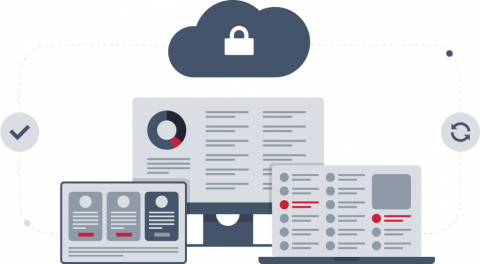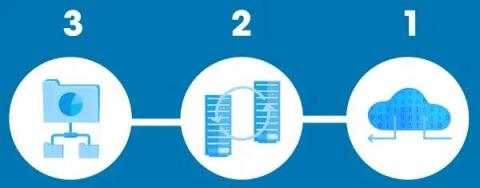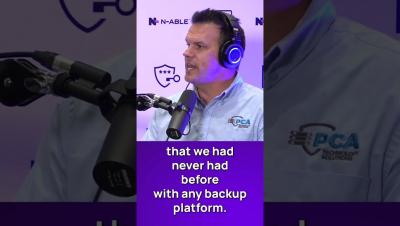Redundancy for IT resilience: The backup guide for a disaster-proof network
Around six years ago on a Wednesday morning, software professionals worldwide were startled by a tweet from GitLab stating that they had accidentally deleted their production data, causing their site to go offline. Unfortunately, at that point in time, the open-source code repository giant had no idea that it would take them another 36 hours to restore their systems only to learn that 5,000 projects and 700 new user accounts were affected while they were fixing the outage.











